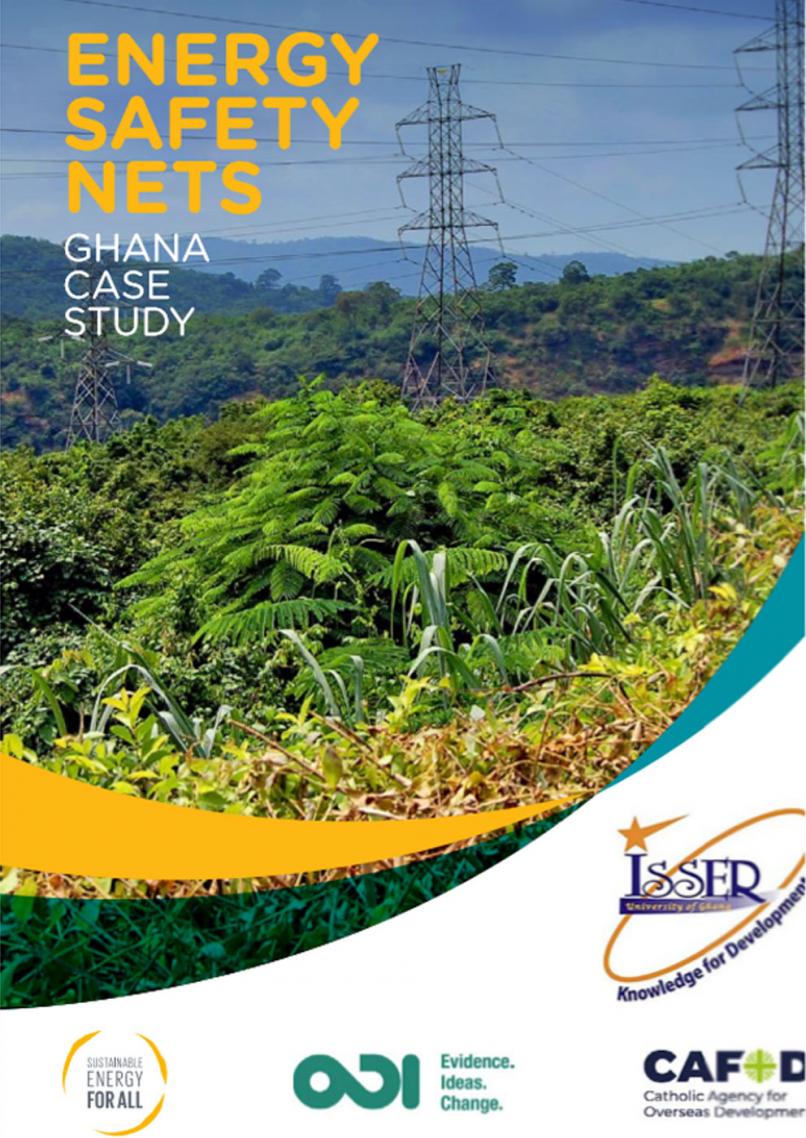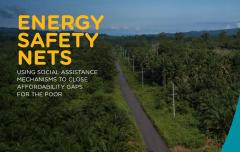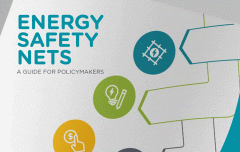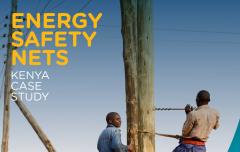Energy Safety Nets: Ghana Case Study
This Energy Safety Nets: Ghana Case Study investigates how the Government of Ghana supports access to affordable, reliable, sustainable and modern energy for its citizens. As seen in other countries around the world, Ghana has implemented various interventions to increase access to electricity and clean cooking fuels. The overall aim of this case study is to identify the measures that have been put in place to enable poor and vulnerable Ghanaians to access and use modern energy services and to explore the reasons for successes or failures in their implementation.
This case study evaluates five programs: the National Electrification Scheme (NES); Lifeline Electricity Tariffs; Solar Photovoltaic (PV) Electrification; Liquefied Petroleum Gas (LPG) Promotion; and Improved Cookstoves (ICS).
This country case study – like the other five, covering Brazil, India, Indonesia, Kenya and Mexico – seeks to answer four research questions:
- What policy measures have been used in Ghana to enable very poor and marginalized people to access and use modern energy services?
- How effective have these measures been in enabling the poorest social groups to access and use modern energy services?
- What links have there been/are there between these measures and wider/other social assistance programs?
- What changes could be made to enhance the effectiveness of existing policy measures in enabling very poor people to access modern energy services?
See also: Energy Safety Nets series




